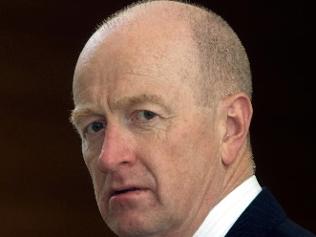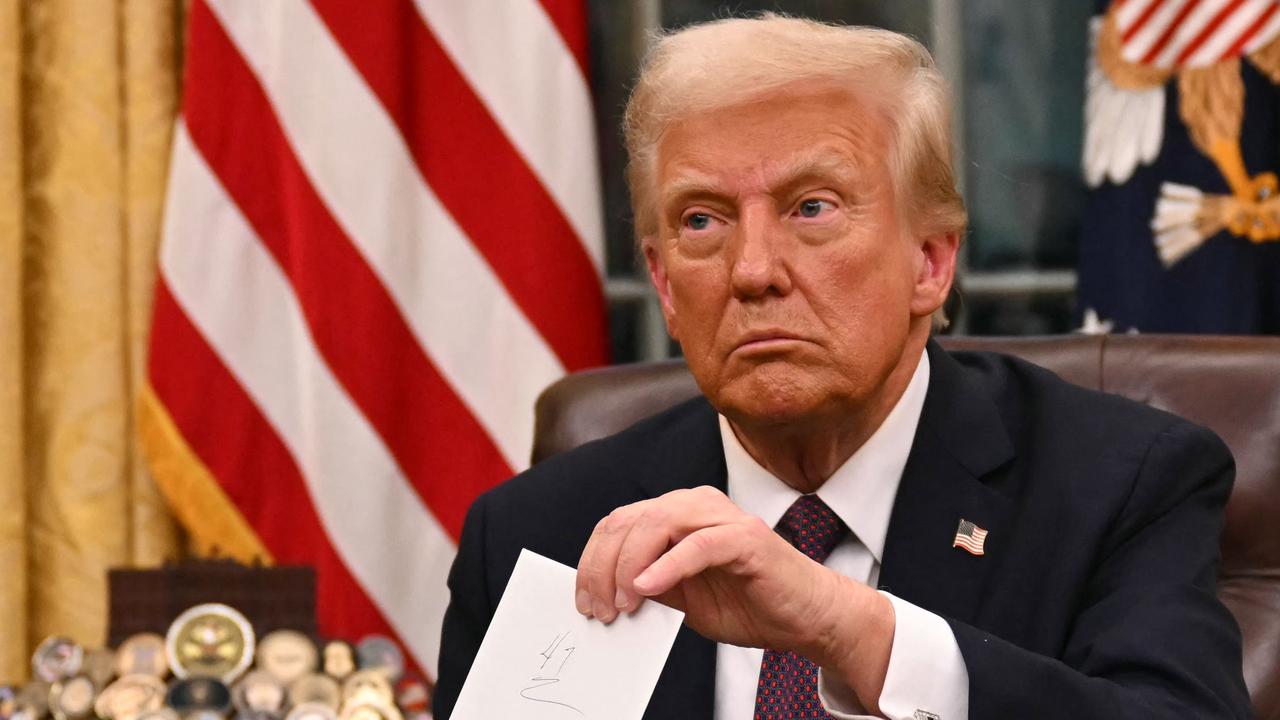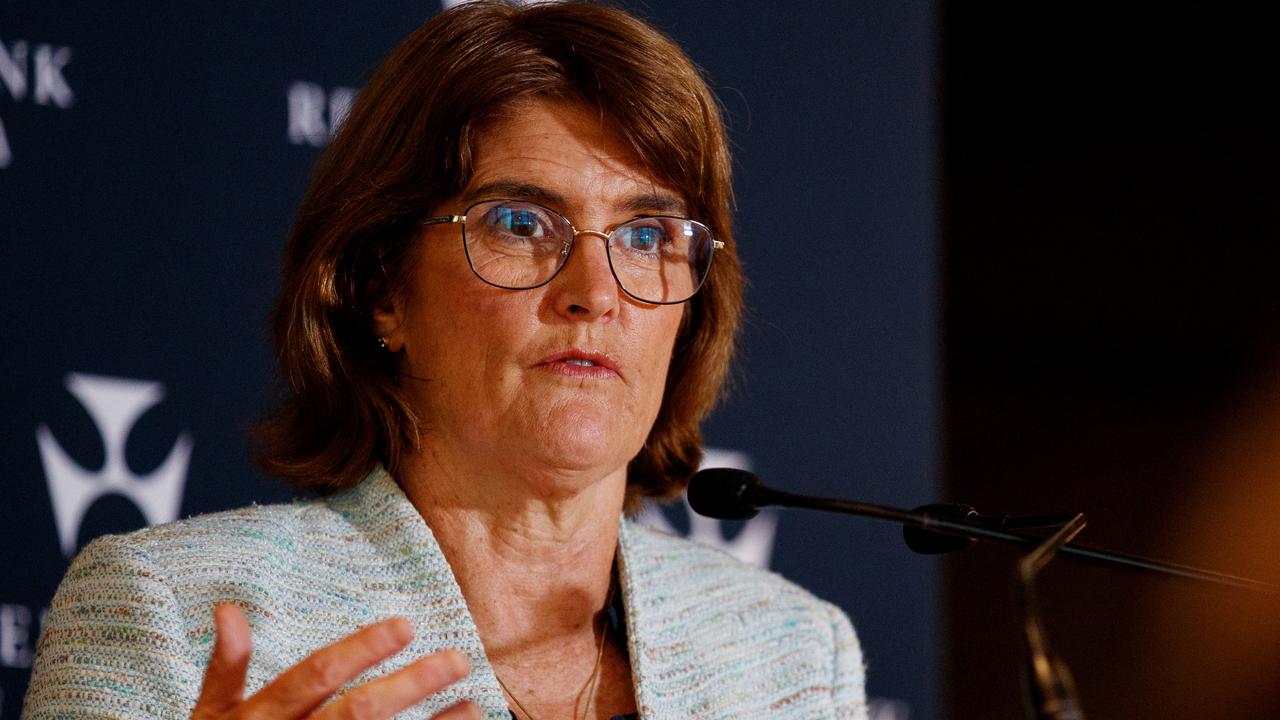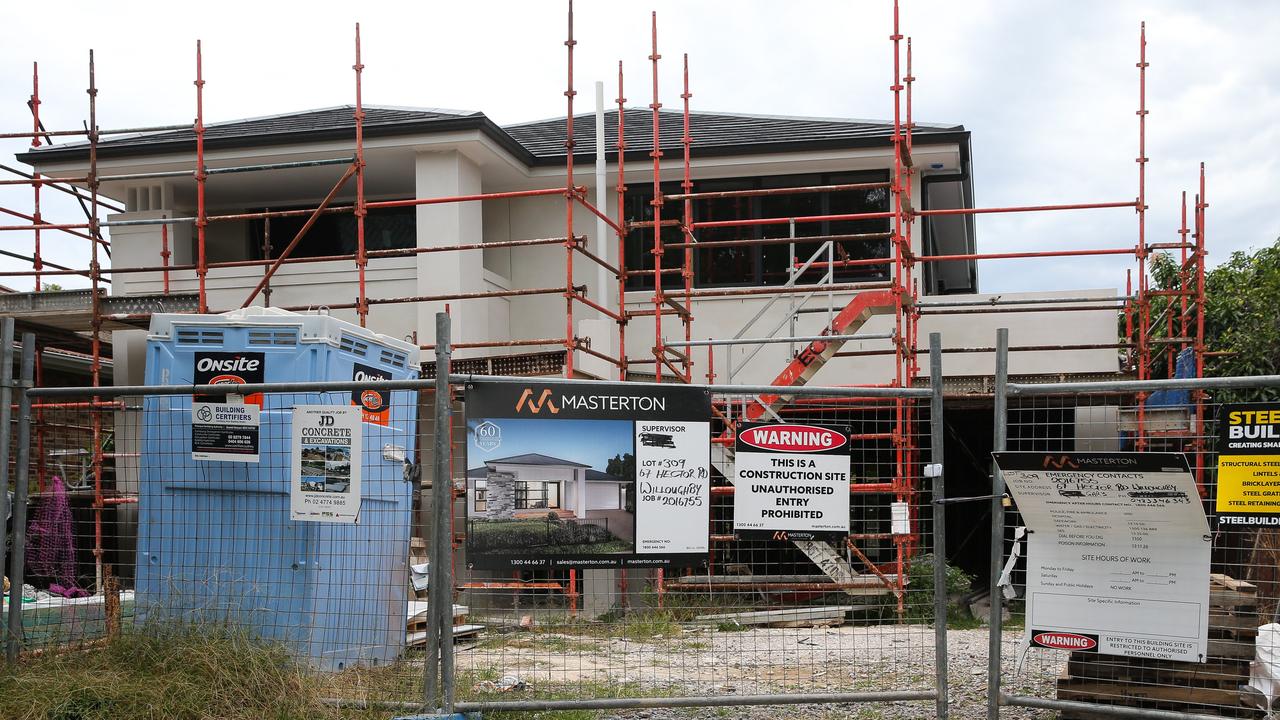'Election won't stop us raising rates'
INTEREST rates could go up in the middle of the election campaign, the Reserve Bank warns.

A LIFT in interest rates during the federal election campaign could occur if the economic data suggested such a move, the central bank says.
Reserve Bank of Australia governor Glenn Stevens said the board would respond to the economic data and events, irrespective that its next meeting is scheduled during the campaign.
"The board will meet (on August 3), it will consider all the issues for the economy and do its job," Mr Stevens said in answering a question at the Anika Foundation Luncheon in Sydney on Tuesday.
"What else would people expect."
The next RBA board meeting on monetary policy will be held during the election campaign after Prime Minister Julia Gillard called an election for August 21.
The overnight cash rate has remained at 4.5 per cent since the last quarter of a percentage point rise on May 4.
In the middle of the November 2007 election, the RBA raised the cash rate by 25 basis points to 6.75 per cent.
Mr Stevens said higher government debt and public intervention were unavoidable consequences of the global financial crisis.
Many nations would have rising public debt relative to economic output for several more years following the recent downturn, Mr Stevens said.
"This was largely unavoidable," he said.
"To a considerable extent, the fiscal legacy can be seen as one manifestation of a broader legacy of lost output (and hence weaker budgetary positions through automatic stabilisers) over a period of several years.
"Generally speaking, the public balance sheet has played the role of a temporary shock absorber as private balance sheets contracted."
However, Mr Stevens said nations should not rush to increase their deficits as servicing the debt was an ongoing cost to the taxpayers of the respective nations.
"At present that additional cost is, in some countries, reduced compared with what it might have been due to the low level of interest rates on government debt that we see,'' he said.
"Moreover, had the debt not been taken on it could well be that the economic outcomes would have been much worse, so increasing fiscal and other costs.
"Nonetheless this lasting debt servicing burden is a real cost."
The central bank governor did note Australia's level of public debt was "very low".
"There is virtually no net public debt in the country at all, in contrast to much of the developed world," Mr Stevens said.
"The most recent figures out of Canberra was a peak of five or six per cent of GDP.
"So far from that being the highest in history, it is closer to the lowest."
Australia had emerged from the economic downturn in better shape than other major nations, Mr Stevens said.
"In Australia we have been spared the worst impacts of serious economic recession in terms of lost jobs, much as we will be spared the prospect of higher taxes that face so many in the developed world," he said.
The flow through from the financial crisis would continue to affect government balance sheets, the role of governments in the banking sector and the reforms of regulators, Mr Stevens said.
"It will be important, as these reverberations continue, for there to be a balanced approach blending strong commitment to sensible long-run principles with pragmatism in implementation," he said.



